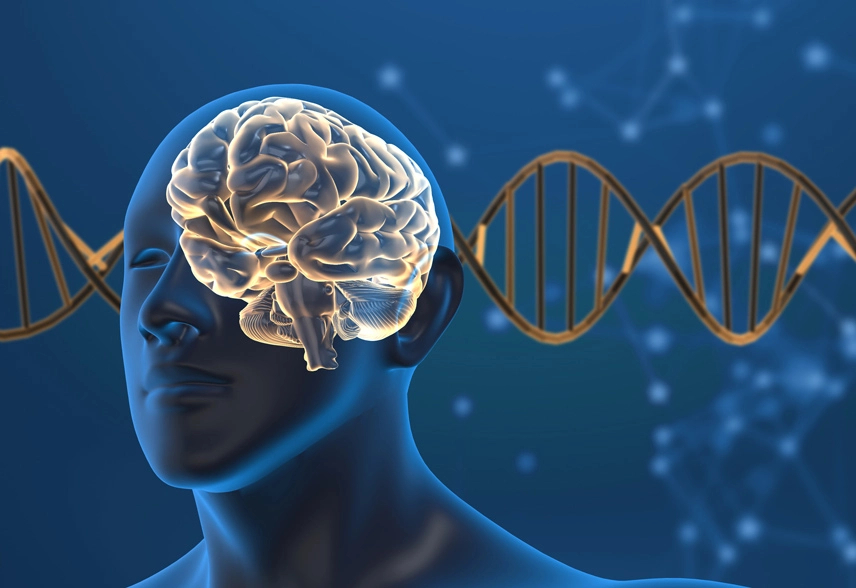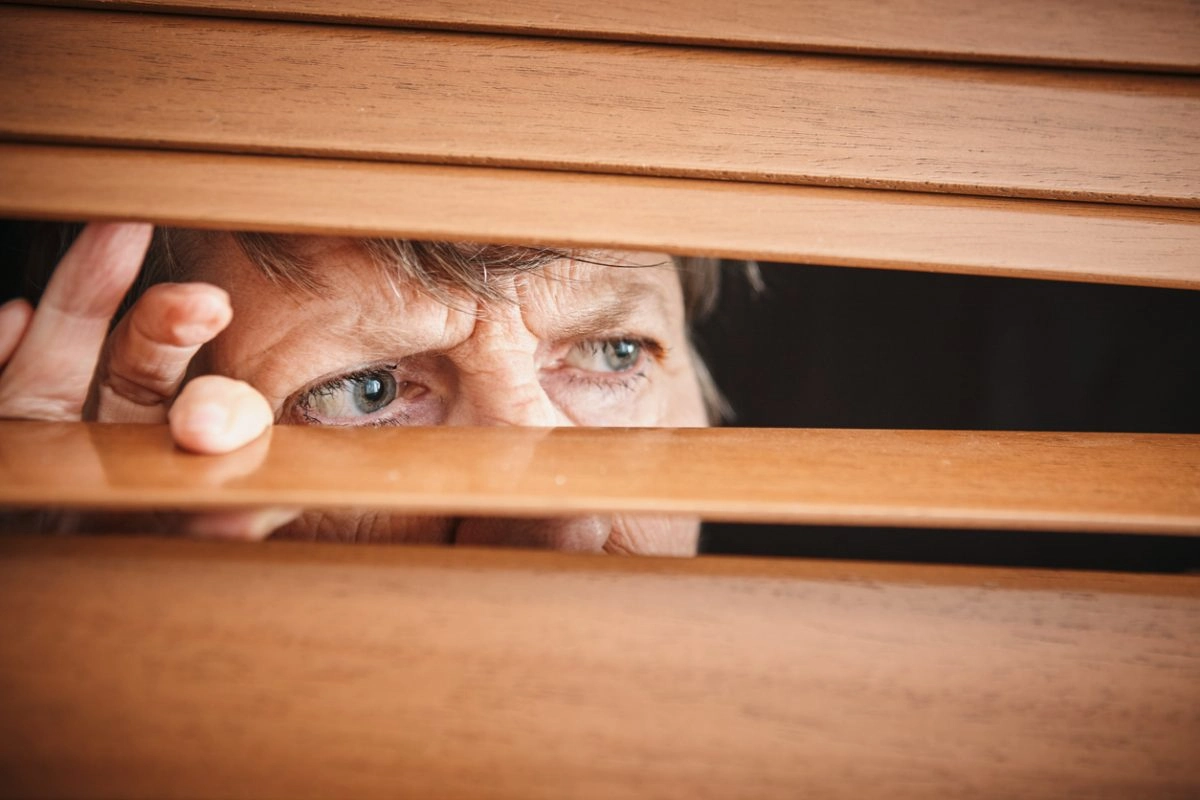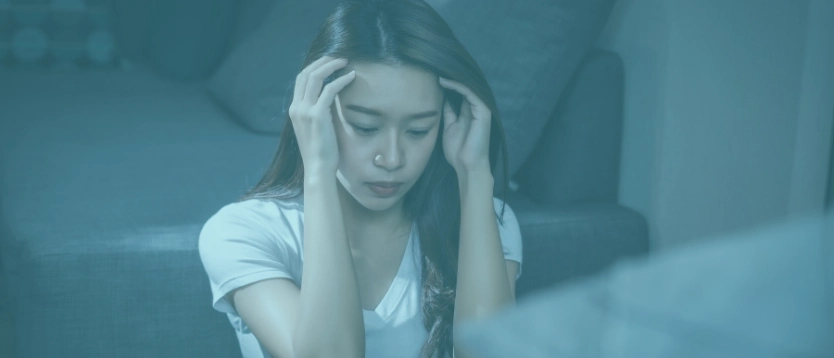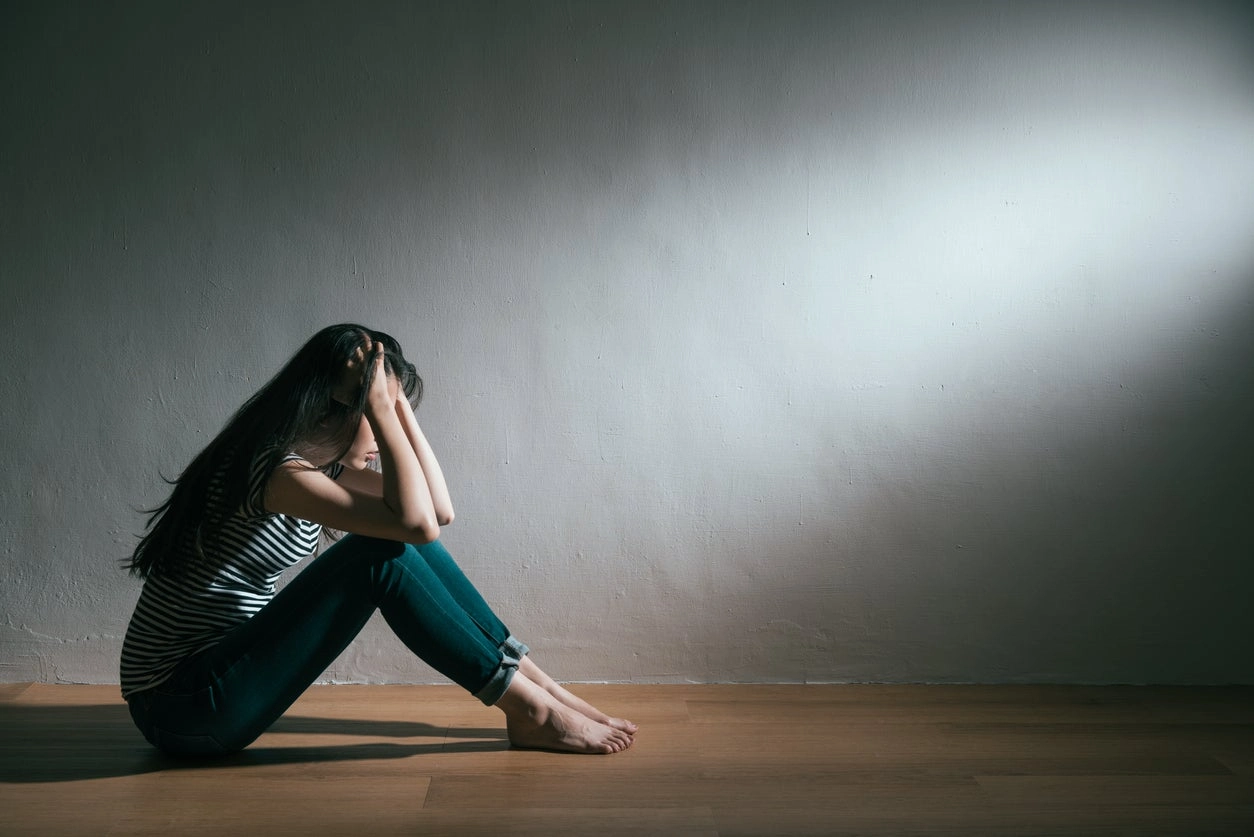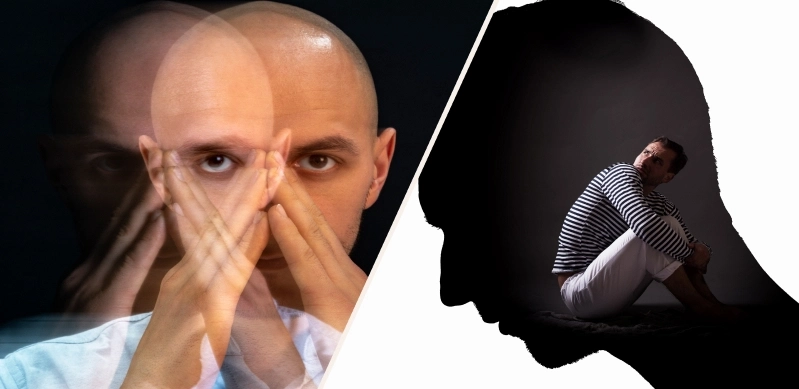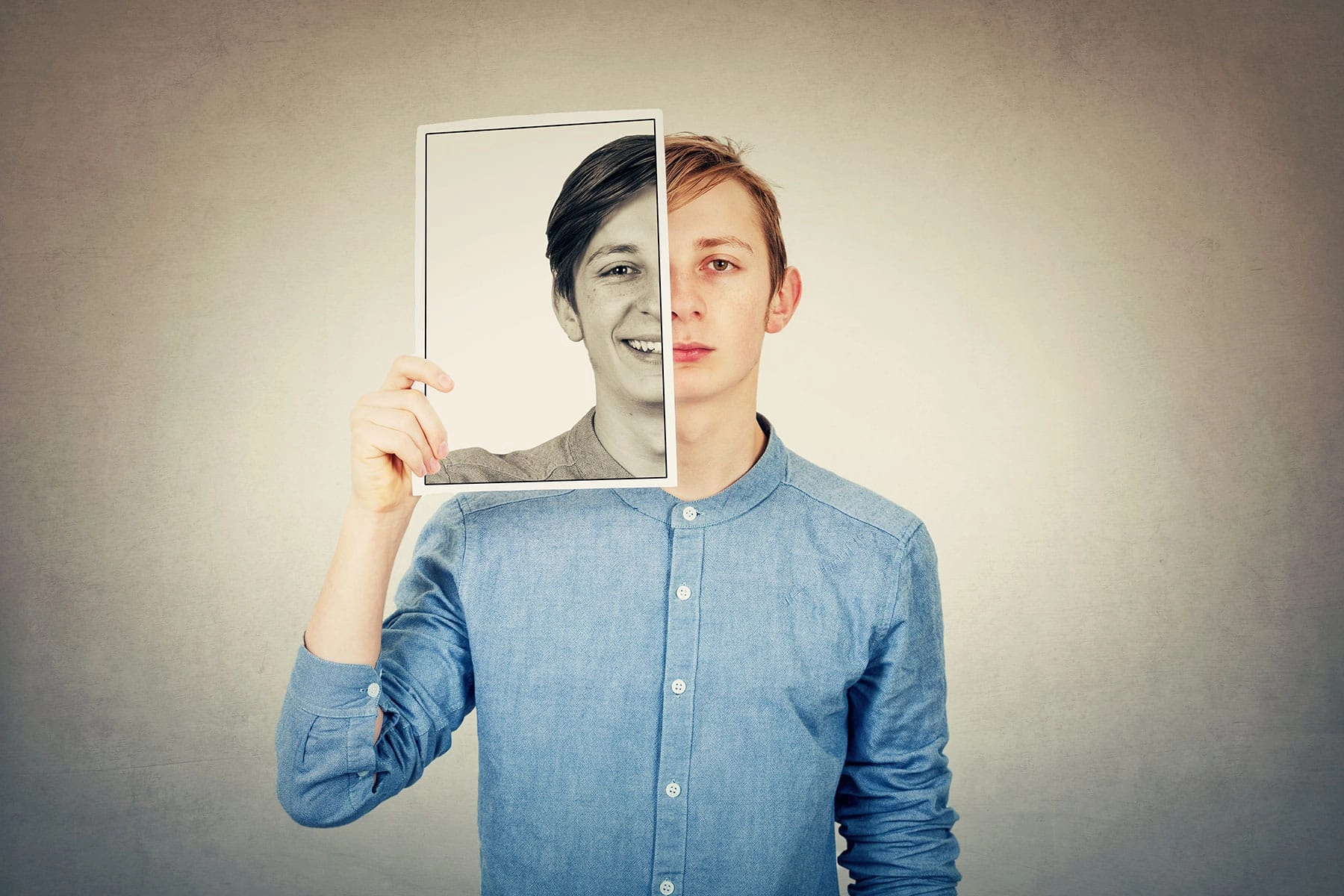Does Bipolar Get Worse with Age: Ranging from depressed lows to manic highs, bipolar disorder is a complicated mental illness distinguished by severe mood changes.
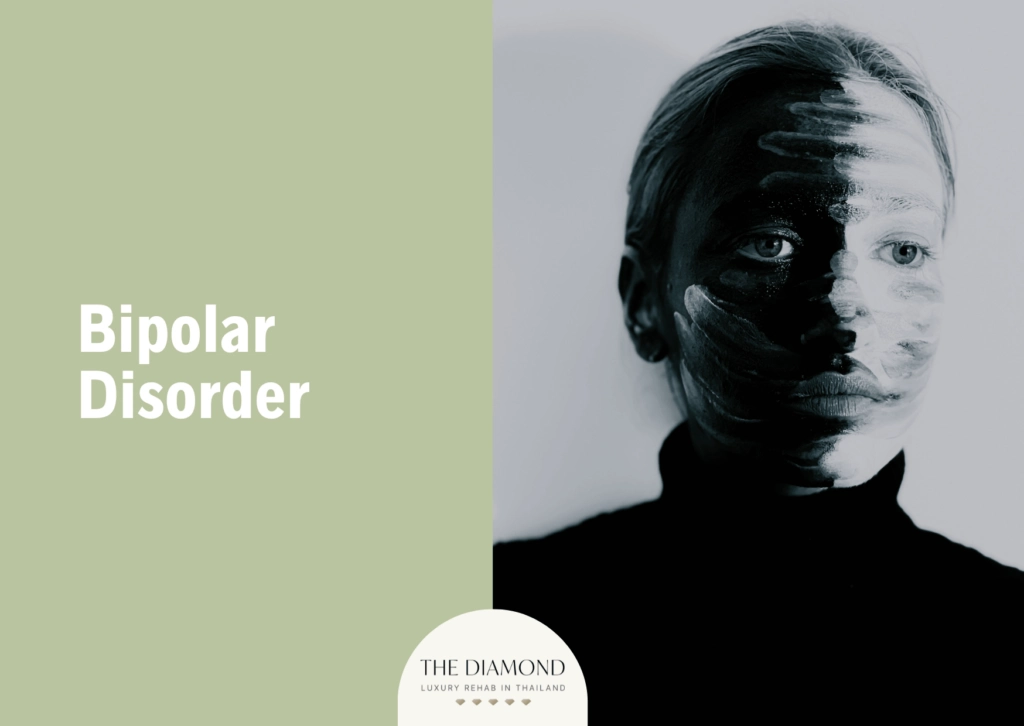
Although it may show up at any point in life, many people wonder how this condition progresses over time. Age worsens bipolar disorder? Particularly knowing how age affects the course of bipolar disorder enables people, families, and carers to be better prepared for treatment, self-care, and long-term well-being.
In this blog article, we look at the course of bipolar disorder throughout the lifespan, what scientific studies show, how aging affects symptoms and medication, and how appropriate care can bring stability at any age.
What Is Bipolar Disorder?
A mood disorder called bipolar disorder is marked by cycles of mania or hypomania (elevated mood, increased energy, impulsive behavior) and episodes of despair (low mood, tiredness, hopelessness). Among the various forms of bipolar disorder are:
- Defined by at least one manic episode that may be preceded or trailed by depressive episodes, Bipolar I Disorder.
- Bipolar II Disorder consists of at least one hypomanic event and one severe depressive episode, absent a complete manic episode.
- Cyclothymic disorder is characterized by rapid mood swings with symptoms that do not fully satisfy the criteria for mania or depression.
Though the condition can start earlier or later in life, onset is usually in late adolescence or early adulthood.
Does Bipolar Disorder Grow Over Time?
Though its course differs from individual to individual, bipolar disorder is regarded as a lifetime illness. For some people, the symptoms could stay constant for decades. Others might notice fluctuations in the frequency, intensity, or pattern of mood swings.
One of the most important questions scientists and doctors face is whether bipolar disorder naturally worsens with age. The response depends on a number of variables, including genetics, treatment compliance, lifestyle, coexisting medical conditions, and stress levels.
Early Onset versus Late Onset
Research indicates that early-onset bipolar disorder—usually before age 25—tends to be more severe and may include more frequent mood episodes. Early-onset people are more likely to:
- Fast cycling: four or more episodes per year.
- Greater possibility of drug abuse
- More functional harm
Conversely, late-onset bipolar disorder (onset after age 50) could show itself in other ways. Older people may have fewer classic manic symptoms and are more prone to mixed or depressive episodes. Late-onset bipolar illness is occasionally mistaken for major depression or dementia, which can postpone effective treatment.
How Aging Affects Bipolar Symptoms
Frequency and Severity of Events
Aging by itself does not make bipolar disorder worse, but in some people, it can make mood episodes more frequent or severe if the disease is not properly controlled. Others find their symptoms go over time. Some senior citizens say their more extended melancholy episodes and fewer manic attacks as they age.
Cognitive Changes
Though aging causes natural cognitive changes, bipolar illness might aggravate these consequences. Long-standing bipolar disorder sufferers may be more vulnerable to cognitive deterioration, including memory, attention, and executive function difficulties. Diagnosis and treatment become more difficult since this can occasionally imitate symptoms of dementia.
Comorbidities and Physical Health
Physical health problems become more obvious with age. Bipolar disorder can be exacerbated by chronic diseases like diabetes, heart disease, or neurological disorders. Medication’ side effects could also interact, making both physical and mental health difficult to control.
Does Age Make Bipolar Disorder More Challenging to Treat?
Treatment strategies often need modification in older people because several elements affect it:
- Older persons are more sensitive to medication side effects, including sedation, dizziness, or weight gain.
- Many elderly people take several drugs, which raises the chance of drug interactions.
- Aging affects how the body metabolizes drugs, therefore, dose changes are needed.
- Cognitive Factors: Cognitive impairment might affect one’s capacity to follow treatment schedules or attend therapy.
Still, many senior citizens attain mood stability and a better quality of life with effective administration and supervision.
The Necessity of Ongoing Early Care
Early and regular treatment is essential for controlling bipolar disorder over time, whether you are diagnosed at age 20 or 60. Untreated bipolar disorder is more likely to advance or create problems, including:
- More regular and more severe mood swings
- Higher hospitalization risk
- Greater likelihood of drug abuse
- Professional and relationship disturbances
- Suicidal thoughts or behavior
Usually, treatment consists of a mix of medicines—mood stabilizers, antipsychotics, antidepressants—and psychotherapy, often cognitive behavioral therapy, interpersonal therapy, and psychoeducation. Important aspects as well are lifestyle changes, including consistent sleep, exercise, and stress relief.
Protective Elements that Enhance Long-Run Results
There are several things that can help people with bipolar disorder’s long-term prospects:
- Staying consistent with prescribed medicines helps to avoid relapse.
- Therapeutic Support: Continuous treatment aids in the growth of resilience and emotional coping mechanisms.
- Strong networks of social support help to lower isolation and foster accountability.
- Stable daily schedules help to stabilize mood and lower triggers.
- Early intervention halts long-term damage and stops mood episodes from growing worse.
Many older adults with bipolar illness discover that they may live fruitful, satisfying lives well into their later years with the correct combination of therapy and care.
False Views on Aging and Bipolar Disorder
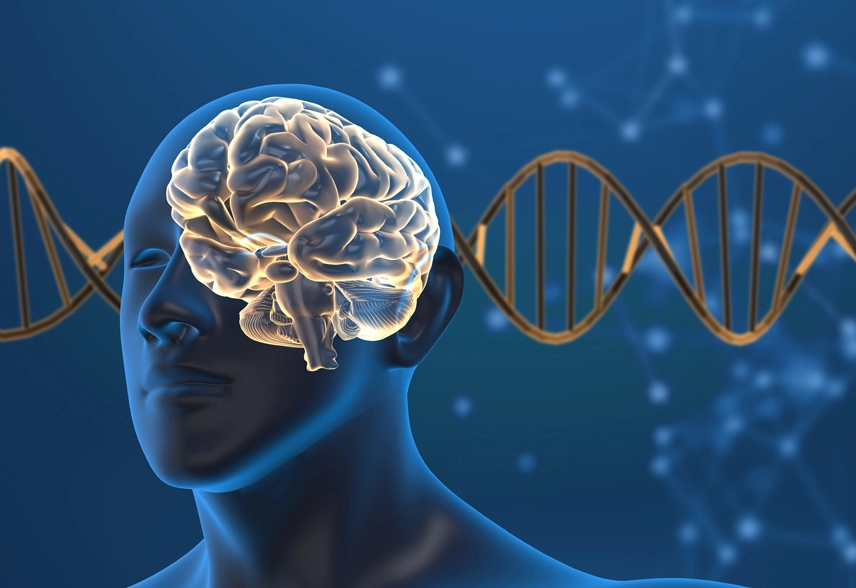
Many legends could cause bipolar illness and aging to be misunderstood or stigmatized:
Myth 1: Age Invariably Worsens Bipolar.
Some people could face more difficulties, others get better or steady over time. Correct administration changes symptoms substantially.
Myth 2: Older Persons Cannot Be Diagnosed with Bipolar Disorder.
Though less prevalent, late-onset bipolar disorder is a genuine and treatable illness that may appear at any age, including after 50.
Myth 3: Aging Inefficiency in Treatment
Though older people’s care could have to be modified, it still works well when well-tracked and customized to the individual.
As You Age with Bipolar Disorder, What to Look For?
Aging presents new things to be aware of if you or someone you care about is living with bipolar disease:
- Alterations in sleep cycles
- Growing memory or uncertainty
- Changes in drug efficacy
- Newly discovered physical problems
- Variations in mood episode patterns
Early detection and control of these problems can be helped by frequent check-ups with a primary care physician and a mental health expert.
In Summary
The course of bipolar disorder with age is not a one-size-fits-all one. For some, symptoms may stay constant or even get better; for others, problems may result from insufficient therapy, poor drug adherence, or concomitant health conditions.
The good news is that people can live balanced, happy lives, whether they are 25 or 75, with constant therapy, self-awareness, and a solid support system, of bipolar disease may be controlled at any age.
It’s never too late to get assistance, change medicine, and give mental health top priority if you or a loved one is struggling with bipolar disorder. Aging with bipolar disorder can involve deeper awareness, improved tactics, and continuous development rather than deterioration.
Talk to a qualified mental health expert for a customized strategy that advances your long-term mental and emotional health if you need help controlling bipolar disorder or are worried about symptoms as you age.nd emotional health.

